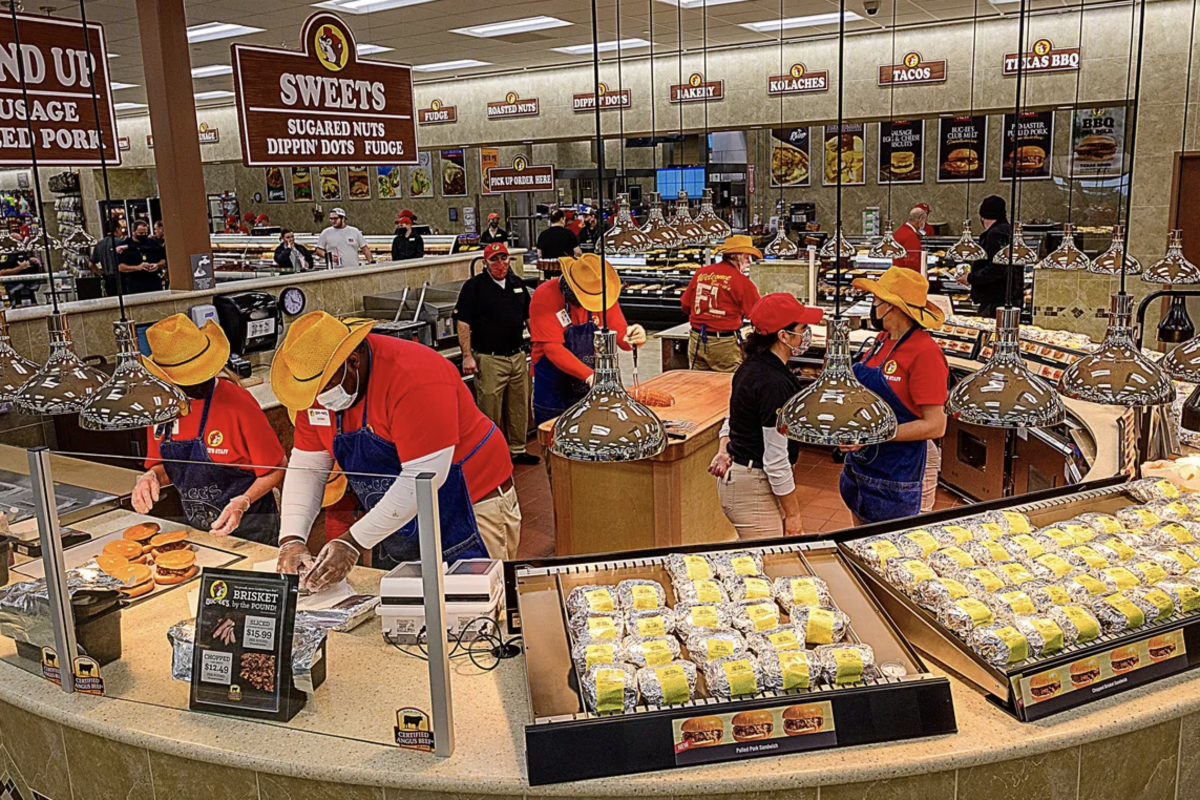As a brand licensing strategist I spent five years at the NBA, which in addition to basketball was known as ‘Nothing But Attorneys’. Fortunately those attorneys were fantastic in-house counsel to whom we had access, and they were happy to pass on their knowledge – especially to those who were prepared, eager to learn and understood the importance of protecting the collective intangible assets of the NBA.
Since my time at the league, I’ve worked in a variety of environments from corporate to entrepreneurial and have found with many companies whose primary product is not intellectual property that training and knowledge more often comes through trial, error and experience. Corporate often assumes everyone knows what they are doing, and this assumption can be costly.
Ultimately you may not be responsible for each component of a promotional campaign, but you are accountable for the campaign. From and intellectual property standpoint, the following checklist will help guide you through the lens of best practices:
1. Know Your Contracts And Assets.
- Where there is a marketing partner or sponsorship component, if you aren’t the one negotiating the contract, read it. If you aren’t allowed to read it, ask your legal department for a summary of what rights have been granted, the assets, and the guidelines and restrictions for activation.
- If negotiating a partnership with another property, brand or celebrity consider “event clauses” as it pertains to money. For example, if a celebrity doesn’t approve something by a specific date, they don’t get paid.
2. Define The Elements Of The Proposed Campaign.
- Custom content, POP, TV storyboards, print advertisements, press releases, internet and mobile components, sweepstakes & contest rules, premium items etc., create a checklist of who needs to give approval for each component.
- Based on the start date of your campaign, know your “drop dead” dates – meaning if you don’t have a component approved and finalized by a certain date is there a plan B, or is there only plan A.
3. Photo License And ‘Work For Hire’ Agreements.
- If you use a photograph in any way shape or form, you need a photo license agreement unless you own the copyright. Photo license agreements will define a period of time for its use, so if you extend a promotional campaign, you must amend your photo usage agreements.
- I once worked with a global ski brand. No one in their marketing department in Japan had been trained on or was familiar with photo copyright matters. They took previously licensed photographs, and “mutilated them” creating a new collage for a follow up campaign the next year. Long story short the Japanese government fined the ski brand $2.0 million dollars for the infringement.
- If you use a photograph to create a cartoon of someone, that is a derivative of a copyright protected photograph. So unless the cartoonist personally knows the person in question and can sketch from memory, just get a photo for reference and license it.
- In the scenario above, just because you pay a cartoonist to create a cartoon doesn’t mean you own said cartoon, unless you execute a ‘work for hire’ agreement assigning ownership for the copyright to the cartoon to you. So even if your sister’s dog-walker happens to be a cartoonist and is willing to create a cartoon for you for free as a favor, it would be wise for you to “as a matter of policy” have said dog-walker sign a document assigning ownership of the cartoon to you. Trust me you are inviting big trouble if you do not.
4. Define The Proposed Geographic Area And Time Period.
Keep a checklist of what other components would require approval or amendment should you need to extend the period or geography.
5. Is There Anything In Your Promotional Campaign That Goes Beyond Your Partner’s Contractual Rights?
For example, event tickets, co-branding with or prizing from third parties, use of any marks that your partner may not have the right to? Does your partner have pass-through rights (i.e. pass through rights to a third party retailer)?
6. Clear The Tagline.
If you come up with a tagline for your promotion, make sure you have your legal department clear it. Imagine you have just hit “print” on everything and get a cease and desist.
- I suggest you familiarize yourself with searching word marks and phrases on www.uspto.gov . Pick your phrase, go to the site and do a basic word mark search, and put the phrase in quotes to help narrow the search. For example, a search of “Come Alive” yields 126 results, some of which are live, and others dead.
- If you are to use a tagline in another language, be sure the translation is “correct”. Years ago Pepsi launched “Come Alive with the Pepsi Generation” as a promotional campaign. In China, the slogan was mistranslated to mean ‘Pepsi brings your ancestors back from the grave’, and in a culture where they worship their ancestors, people thought that if you drank Pepsi it could bring back the dead.
7. Does Your Promotional Campaign Involve A Sweepstakes Or Contest?
To the general public, a contest and a sweepstakes are the same thing, but for marketers there are clear differences; it is vital that the rules establish the difference. Simply put:
- A contest is a competition where entrants perform a task (submit a photo, follow a social account, share content, etc.) and are subsequently judged based on the results of that action.
- A sweepstakes is a way for sponsors or brands to give away prizes based on luck of the draw. The entrant typically enters with only their name and contact information.
- Official rules. Don’t glaze over this. Don’t ever re-use or re-purpose rules from a previous campaign – it is not worth the risk. Google top sweepstakes/contest rules mistakes and this will always be listed in the top 5.
- Read the rules yourself. Rules contain the details of a promotion and your legal department will be relying on you to review the rules to make sure that they accurately reflect the proposed sweepstakes/contest.
- Are there going to be abbreviated rules? Do they include things like: No purchase necessary; Void where prohibited; Contest end date; Age and residency limitations; Where can the official rules be found.
- Do the rules provide for a free, alternate means of entry? Consumers cannot be required to give the company sponsoring the campaign/promotion any benefit. The entrant entering through free means of entry should have equal choice as a person which is entered via a purchase. If there is no free and alternate means of entry, then the promotion may be an illegal lottery (and you don’t want that).
Promotional Campaign Mistakes
We all make mistakes from time to time. Here are a couple of examples of mistakes I am glad I didn’t make.
- In 2001, a former Hooters waitress sued the restaurant where she worked, saying she was promised a new Toyota for winning a beer sales contest. Instead, she said, she won a new toy Yoda – the little green guy from the Star Wars movies. Long story short, she got the Toyota of her choice, as well as she sued the parent company for breach of contract and fraud, and won. This pun, while cleaver, was not appreciated.
- In short, for one if its promotional campaigns Pepsi was to have produced only two bottle caps with a winning number, and accidentally produced 800,000. Triple check your quality control process. When it is the fault of your own company, only you can decide your path to redemption.
However, if you ever have a third party printing something like this for you, you may wish to pay attention to the indemnification clauses in those contracts. For example if a newspaper accidentally over prints a winning code, who pays for the mistake? Never, ever assume anything as laws can vary.
Email us, to learn how The Blake Project can help you manage your celebrity IP and or discover the right celebrity endorsement for your brand. Further, we serve as expert witnesses in celebrity licensing and endorsement disputes.
Branding Strategy Insider is a service of The Blake Project: A strategic brand consultancy specializing in Brand Research, Brand Strategy, Brand Licensing and Brand Education




